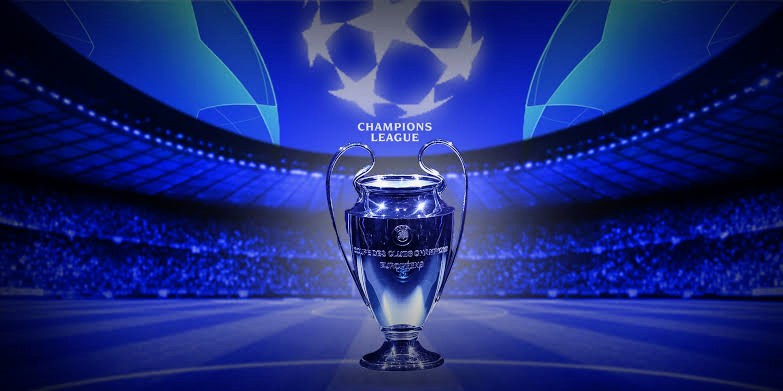
The UEFA Champions League
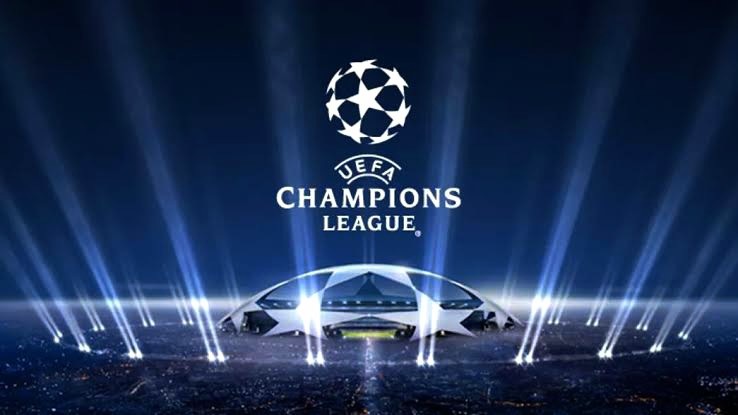
The UEFA Champions League stands as the pinnacle of European football, captivating millions worldwide with its skill, drama, and prestige. Established in 1955 as the European Champion Clubs’ Cup, it advanced into a global phenomenon, showcasing Europe’s best teams. Thus, this relentless pursuit of glory brings together top talent from across the continent, creating unforgettable moments and fierce competition.
Origins and History
Initially conceived to pit each European nation’s champions against each other, the tournament grew exponentially in scale and significance. Over the decades, it expanded to include more teams from top leagues, introducing group stages to ensure comprehensive competition. Consequently, this evolution heightened the stakes and broadened the tournament’s appeal, attracting a global audience eager to witness footballing excellence.
Format and Structure
The Champions League format tests participating clubs’ mettle across a grueling season, beginning with qualifying rounds in mid-summer. Teams then battle through group stages characterized by intense rivalries and strategic matchups, culminating in knockout rounds come springtime. As a result, every fixture promises breathtaking goals and unexpected upsets, ensuring only the most resilient teams advance.
Global Appeal and Impact
Beyond its sporting significance, the Champions League fosters a sense of unity and excitement across diverse nations, serving as a cultural touchstone. Iconic stadiums like Camp Nou in Barcelona and Anfield in Liverpool thus become stages for legendary performances. These performances etch unforgettable moments into footballing lore, moving effortlessly between thrilling victories and heartbreaking defeats.
Key Players and Teams
At the heart of the Champions League lie its star players and storied clubs, requiring unparalleled skill and teamwork to succeed. Transitioning from domestic success to continental glory, iconic figures like Lionel Messi, Cristiano Ronaldo, and Mo Salah consistently showcase their brilliance. Furthermore, shifting between elite athletes and emerging talents adds layers of intrigue and excitement, as underdogs challenge giants in pursuit of history.
Legacy and Future
As the UEFA Champions League evolves, its legacy as a pinnacle of footballing excellence remains unquestioned. Moving seamlessly from one season to the next, it embodies enduring passion and competitive spirit defining the beautiful game. Therefore, fans eagerly anticipate new narratives, breathtaking goals, and unforgettable moments solidifying its status as the ultimate club competition in football.
Overall, the UEFA Champions League transcends sport, becoming a global phenomenon uniting fans and showcasing European football’s very best. Progressing effortlessly between heart-pounding matches and iconic performances, it remains an indelible part of the sporting landscape, promising excitement with each season.
Get more on UEFA Champions League
UEFA Champions League Table
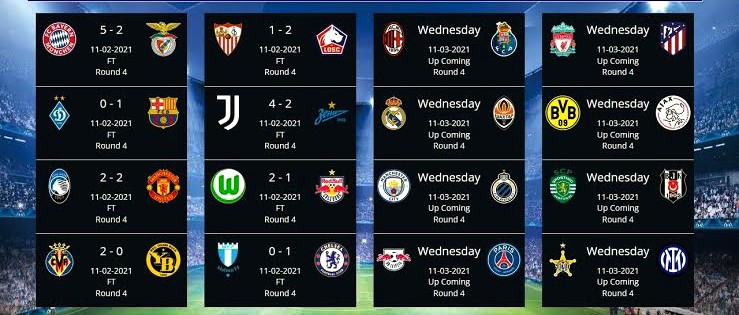
The UEFA Champions League stands as one of the most prestigious football tournaments globally, showcasing top clubs from across Europe competing for glory. As the tournament progresses through group stages, knockout rounds, and culminates in the final, fans and pundits closely monitor the standings in the group stage.
Analysis and Implications
The group stage standings are crucial as they determine which teams advance to the knockout rounds of the tournament. Typically, teams in the top two positions from each group proceed to the Round of 16. Meanwhile, the third-place team drops into the UEFA Europa League knockout stages.
Factors such as points, goal difference, and head-to-head results often determine the rankings within each group. Consequently, teams aim not only to qualify but also to secure favorable seeding for the knockout phase, thereby impacting the difficulty of their subsequent opponents.
Key Matches Ahead
As the group stage progresses, critical matches will shape the final standings. Therefore, matchday fixtures become pivotal, especially when teams closely compete in points and goal differences.
The UEFA Champions League table dynamically reflects Europe’s top football clubs vying for supremacy. With intense competition and strategic gameplay, teams journey from group stages to the final, providing excitement and anticipation for fans worldwide.
UEFA’s Champions League Fixtures
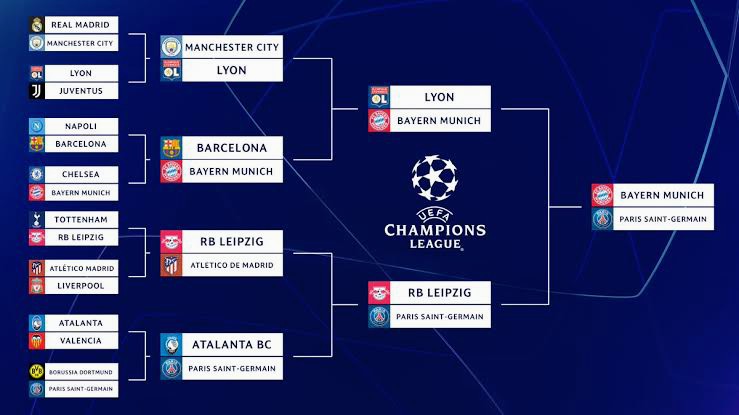
The UEFA Champions League stands as the pinnacle of European club football, captivating fans worldwide with its blend of skill, drama, and prestigious history. Moreover, as the 2023/24 season unfolds, fans eagerly anticipate the fixtures that will define the path to glory for Europe’s elite teams.
Group Stage Excitement
The group stage of the UEFA Champions League is where dreams begin to take shape and underdogs can stun giants. This phase typically features 32 teams divided into eight groups. Consequently, each team plays home and away fixtures against their group rivals. The drama unfolds over six matchdays, with top performers advancing to the knockout stages while others exit.
Marquee Matches to Watch
Certain fixtures in the group stage often draw intense interest due to historical rivalries or the clash of footballing philosophies. Matches like Barcelona vs. Real Madrid, Bayern Munich vs. Liverpool, or Juventus vs. Manchester United not only promise skillful displays but also evoke passions among fans worldwide.
Knockout Stage Tension
After the group stage, the competition shifts to knockout rounds, where every fixture becomes a high-stakes battle. The Round of 16 matchups see group winners face runners-up from other groups. This setting the stage for thrilling encounters and tactical battles. The quarter-finals and semi-finals further intensify as teams vie for a coveted spot in the final.
Road to the Final
The UEFA Champions League final is the ultimate prize, held in prestigious stadiums across Europe. It marks the culmination of months of hard-fought matches and strategic planning. Recent finals have showcased unforgettable moments, from stunning goals to nerve-wracking penalty shootouts, leaving an indelible mark on footballing history.
Emerging Storylines
Beyond the matches themselves, each season brings new narratives. Will defending champions defend their title? Can a dark horse upset the established order? How will star players perform under pressure? These storylines add layers of intrigue, making every fixture a potential turning point in the season’s narrative.
Global Spectacle
The UEFA Champions League isn’t just a European affair; it’s a global spectacle. Fans from Asia to the Americas tune in, drawn by the allure of watching the best clubs battle for continental supremacy. The competition’s reach and influence continue to grow, fueled by memorable moments and the universal appeal of football.
Overall
As the UEFA Champions League fixtures for the 2023/24 season are announced, fans eagerly mark their calendars, anticipating unforgettable moments and legendary performances. From group stage drama to knockout stage heroics, each match carries the weight of history and the promise of greatness. The stage is set for another thrilling season of football’s most prestigious club competition.
Click for more on UEFA Champions League fixtures
UEFA’s Nations League
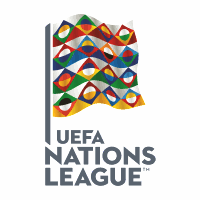
In recent years, the UEFA Nations League has emerged as a groundbreaking competition reshaping international football dynamics across Europe. Notably, UEFA introduced this tournament to enhance the quality of international matches and provide an alternative route for major tournament qualification. Transitioning away from traditional friendly matches, the Nations League has garnered significant attention and acclaim for its innovative format and competitive nature.
Structure and Format
The UEFA Nations League operates biennially, dividing European national teams into divisions based on their UEFA coefficient rankings to ensure balanced competition. Consequently, teams group within divisions (League A, B, C, and D) to maintain competitive balance and fairness among participating nations.
Each division consists of groups of three or four teams, who play home and away matches during the group stage. Furthermore, results from these matches determine promotion, relegation, and qualification paths for subsequent tournaments, adding high stakes to every game. Therefore, this format ensures that every match holds significance, promoting intense competition and strategic play among participating nations.
Advantages Over Traditional Friendlies
Unlike traditional friendly matches, which often lack competitive edge and strategic importance, Nations League matches crucially determine rankings. This competitive framework keeps fans engaged and provides coaches and players valuable opportunities to test tactics against formidable opponents.
Moreover, the Nations League fosters the development of football in smaller nations by offering regular competition against higher-ranked teams. Consequently, this exposure enhances their skills, boosts confidence, and increases visibility on the international stage, fostering growth. Additionally, high stakes in Nations League matches ensure each game has meaning and impact.
Impact on Major Tournament Qualification
One of the most significant aspects of the Nations League lies in its impact on major tournament qualification for national teams. Through a complex playoff system involving group winners from each division, teams can earn spots in the European Championship.
Thus, this playoff system ensures even teams that fail to qualify through traditional processes have a chance in prestigious tournaments. Adding unpredictability and excitement to the qualification process, it increases the overall competitiveness of the tournaments. Consequently, the Nations League reshapes how national teams approach tournament qualifications.
Future Prospects and Evolution
Looking ahead, the UEFA Nations League continues evolving, with adjustments to improve its structure and overall appeal. As football strategies and technologies advance, the Nations League adapts to remain relevant and influential within the global football landscape.
Moreover, the tournament’s format ensures it evolves while maintaining core principles of competition and fairness. In conclusion, the UEFA Nations League stands as a testament to UEFA’s commitment to innovation and excellence in football. By replacing mundane friendlies with meaningful matches, the Nations League has transformed international football dynamics for the better.
Get more updates on UEFA Nations League
UEFA Europa League

The UEFA Europa League, known as UEL, is a prestigious football competition organized by UEFA. Established in 1971, it replaced the Inter-Cities Fairs Cup and underwent rebranding in the 2009-2010 season.
Competition Format
The tournament comprises qualifying rounds, a group stage, knockout rounds, and a single-match final. Consequently, clubs vie for advancement through intense competition across these stages.
Path to Glory: Group Stage and Knockout Rounds
Teams from diverse European leagues compete in summer qualifying rounds to secure spots in the group stage. The group stage features 32 teams, including eight third-place Champions League finishers.
Road to the Final
The knockout rounds, spanning the round of 32, round of 16, quarter-finals, semi-finals, and the final match, determine the ultimate champion. Each knockout round intensifies as teams vie for victory.
Historic Moments and Legendary Teams
Memorable matches define the tournament’s legacy, with Sevilla FC leading with six titles and Atletico Madrid securing three victories. Iconic finals, like Liverpool’s 2001 triumph over Deportivo Alavés, resonate with fans.
Impact and Global Reach
The UEFA Europa League fosters inclusivity, allowing smaller clubs to compete against Europe’s elite. Furthermore, it boosts international exposure and financial rewards, thereby shaping football’s landscape across the continent.
As a pillar of European club football, the UEFA Europa League continues to captivate global audiences. Moreover, its legacy of drama and excellence ensures its enduring appeal, promising new chapters in European football’s rich tapestry.
Get more updates on UEFA Europa League
UEFA Euro 2024
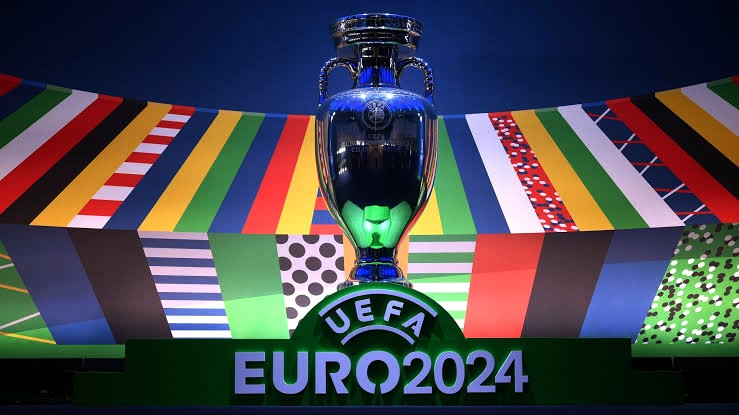
The UEFA Euro qualifiers excite football enthusiasts, marking the beginning of the quest for Europe’s prestigious trophy. Teams across the continent compete in group stages over several months in a round-robin format.
Moreover, the groups are drawn for competitive balance and geographical diversity, adding intrigue to matches. National teams from all across Europe participate, thereby reflecting the continent’s rich footballing heritage and diversity.
While powerhouses like Germany, Spain, France, and Italy dominate headlines, smaller nations often surprise with spirited performances. Memorable moments include last-minute goals, stunning upsets, and spectacular saves that captivate fans.
Furthermore, qualification for the UEFA Euro is more than a sporting achievement; it’s a source of national pride and unity. Success can invigorate football programs, inspire players, and uplift communities.
As UEFA Euro 2024 approaches, anticipation builds among players, coaches, and supporters alike. Additionally, the qualifiers not only determine teams but also preview strategies and dynamics for the tournament.
Overall, the UEFA Euro qualifiers celebrate Europe’s footballing prowess and diverse cultures, uniting fans in anticipation of unforgettable moments ahead.
Click to get current updates on UEFA Euro 2024
UEFA Euro Qualifiers Standings
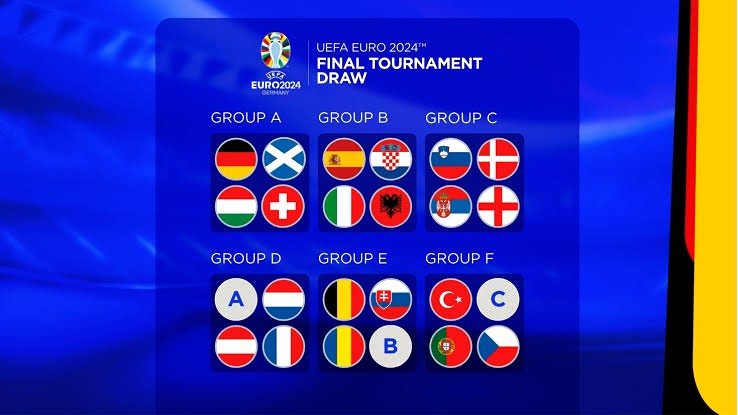
The UEFA Euro Qualifiers have entered full swing; consequently, national teams across Europe are battling for spots in the prestigious UEFA European Championship. As the competition unfolds, teams are not only chasing glory but also going through a rigorous qualification process.
Group Stage Dynamics
The qualifying campaign divides teams into several groups, each comprising up to six teams. Moreover, these groups foster competitive matches among teams of similar caliber. Consequently, the top teams from each group earn direct qualification to the Euro tournament.
Key Contenders
Several traditional powerhouses and emerging teams are making headlines:
- France: Dominates their group with stellar performances as reigning World Cup champions. Additionally, they are setting a high standard for their competitors.
- Belgium: Showcases strength in Group I as FIFA’s number one ranked team. Moreover, their consistency is noteworthy.
- Italy: Aims to build on their impressive recent tournament record. Furthermore, they are demonstrating resilience in their matches.
- England: Remains a formidable force in Group D under Gareth Southgate’s leadership. Notably, their tactical approach is pivotal in their success.
Upcoming Matches and Predictions
With matches still to be played, the race to qualify intensifies. Additionally, football fans anticipate thrilling encounters as teams strive to secure their place in the Euro 2024 finals.
However, the UEFA Euro Qualifiers not only provide a stage for Europe’s top talents but also serve as a platform for lesser-known teams to leave their mark on the international scene. Football enthusiasts eagerly await the culmination of this journey. Ultimately, only the best teams will earn the right to compete for European glory.


